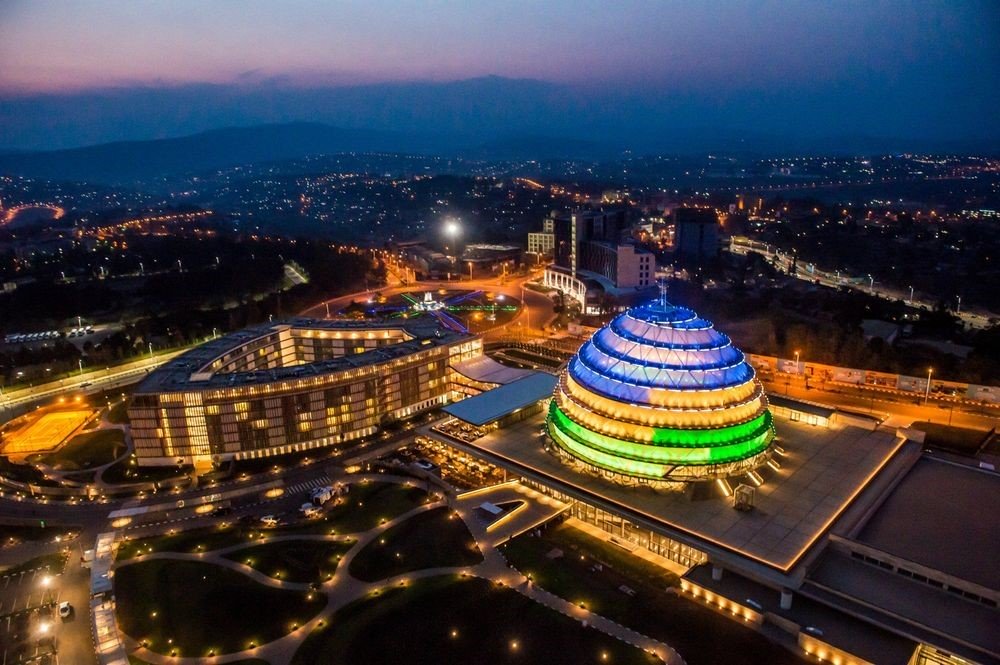
Rwanda's economic growth shines despite global challenges
Rwanda’s economy continues to demonstrate remarkable resilience, achieving a growth rate surpassing the impressive 8.2% recorded last year, even amid global economic headwinds.
Your go-to source for in-depth coverage of political developments, economic trends, social affairs, and vibrant cultural stories from across the continent.

Rwanda's economic growth shines despite global challenges
One of the key drivers of this exceptional growth has been robust consumer spending across various sectors, particularly in services and industry.
Additionally, the country’s labor market has seen a strong recovery, with over half a million jobs created in the fourth quarter of 2023 alone.
This job creation represents a significant reduction in unemployment, which had surged during the COVID-19 pandemic.
However, Rwanda still faces persistent challenges, including inflation and a shortage of skilled labor.
The government has made strides in addressing these issues.
Inflation rates have fallen due to tighter monetary policies and increased agricultural production.
Moreover, efforts to enhance skill development are viewed as critical for fostering private sector growth and achieving the country’s ambitious Vision 2050 goals.
The World Bank remains a key partner in Rwanda’s economic journey, supporting various development initiatives.
Recently, the Bank approved a $200 million project aimed at expanding opportunities for vulnerable youth to acquire market-relevant skills.
As Rwanda continues to chart its economic course, its ability to navigate challenges and capitalize on opportunities will be crucial to sustaining its growth trajectory and further cementing its status as a rising economic powerhouse in Africa.
I am an avid African news observer, and an active member of Daily Mail Africa.
I’m Passionate about staying informed on diverse topics across the continent,
I actively contribute to publishing on political, economic and cultural developments in Africa.